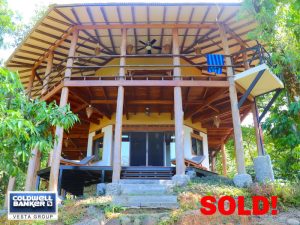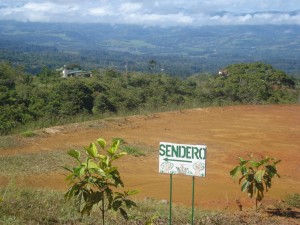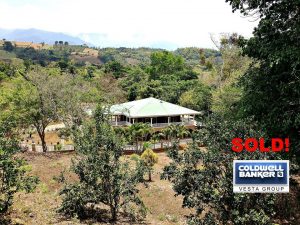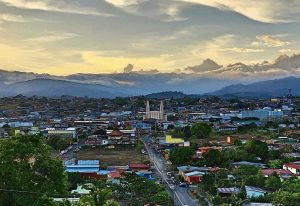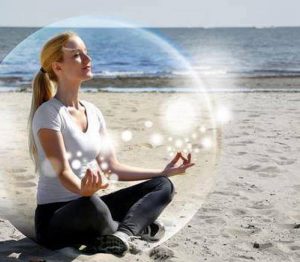A Few Things You Outta Know
I’ve had the great fortune in my life to have worked in two professions that many view as necessary evils to be avoided, if possible…
And those are lawyer and real estate agent.
What makes matters worse about being a lowly real estate agent in Costa Rica is that there is no licensing requirement whatsoever. Anyone can declare themselves an agent and many do. The market is rife with Costa Rica realtors who should probably look for another way to sustain themselves in Costa Rica, if you know what I mean.
Now, this blog post is not going to be an attempt to convince you to use a good Costa Rica realtor in the course of your real estate search. I’ve already assumed that decision has been made. This post is rather to tell you a few things you outta know about working with Costa Rica realtors that might make for a more enhancing and valuable experience.
The life cycle of a Costa Rica deal is a whole lot different than what transpires in the U.S., or Canada. For starters our buyer prospects are usually not here, have never been here, and probably won’t be here for some time, months even (if ever).
A lead is usually obtained via a web site property listing. That starts a conversation between the Costa Rica realtor and his buyer prospect via email and phone. Hopefully that will lead to a relationship. At least, that’s always my goal. And even more hopefully, once that buyer prospect does finally make the trip to Costa Rica to see properties, he or she will contact that same agent who’s been trying to build a relationship. However, often they don’t. And that can be intensely frustrating for us Costa Rica realtors.
If you’ve found an agent you feel rapport with and who’s actually taking up much of his or her valuable time to help you, even before your arrival to Costa Rica, it can pay to stick with that agent, at least in the area of his or her real estate coverage. But what many buyer prospects do, unbeknownst to the realtor that’s trying to build the relationship with them, is to contact multiple real estate agents and try to set up showings with each and every one. That can lead to confusion and also poor service. Once an agent knows that you’re behaving in this manner, he will probably not be as motivated to spend the time and attention that he otherwise probably would.
My recommendation for working with realtors in specific areas is to try and find one you feel “right” with and stick with that one. You will then have a valuable resource on the ground in Costa Rica and that can go a long way towards helping you successfully achieve your goal…and not lose your ass in the process.
Showing properties in Costa Rica is not anything like it is in the U.S. For anyone who’s been here you might have noticed that our infrastructure is not all that great. And that even goes double for the infrastructure in those beachy and jungly places where expats tend to want to buy. We agents get our valuable tools, i.e. our cars, beat the hell up on these roads in the process of showing you properties.
Furthermore, properties are hard to find, as well as hard to get to. It takes times to show properties in Costa Rica. A full day of showings might consist of 5 properties max. And trust me, you’ll be more than ready for a beer (or your favorite beverage) at day’s end.
So, if you make an appointment to see properties with a Costa Rican realtor on a particular day and at a given time, please show up, on time! There is nothing more frustrating than to block out an entire day for a buyer only to have that buyer blow off the meeting in order to go fishing, or whatever!
A key to getting good service from your Costa Rica realtor is communication. I guess that’s not all that different from dealing with U.S. agents. However, here the deal process is not nearly as organized, or paint by the numbers. There are a lot of nuances about doing a deal in Costa Rica that your realtor can help you with, as long as you keep the lines of communication open.
A good Costa Rica realtor should be one who will basically “hold your hand” all the way to the closing table. Often my buyers will actually make an offer after they’ve already gone home, or will have to go back home shortly after having made one. That means that all the stuff that has to take place for the deal to proceed smoothly to closing will take place in the buyer’s absence. The lawyer you choose will help you with much of that, but the real estate agent should help as well. I always help my clients with things like getting a home inspection from a qualified inspector, with an eye to American construction standards, as well as setting up the survey and many other things.
Murphy’s Law works double time in Costa Rica. Whatever can go wrong in a deal probably will. And when that happens it pays to have a good Costa Rica realtor on the ground to try to resolve those issues. I wrote a post not long ago about Costa Rica real estate deal SNAFU’s. And that post only details a tiny percentage of all the things that can go wrong! Having a good Costa Rica realtor who can help keep the deal moving forward while overcoming the problems that inevitably arise is worth every penny of the commission that you don’t even have to pay him or her!
I realize this post is sounding like an extended rant from a disgruntled Costa Rica realtor. I guess it is in some ways. I got stood up by a buyer just yesterday so the anger still lingers. But above and beyond the sphere of my own emotional difficulties, following the recommendations laid out herein can result in a more successful relationship with your chosen Costa Rica realtor…
One that will be enjoyable (and profitable) for both him/her and you!

